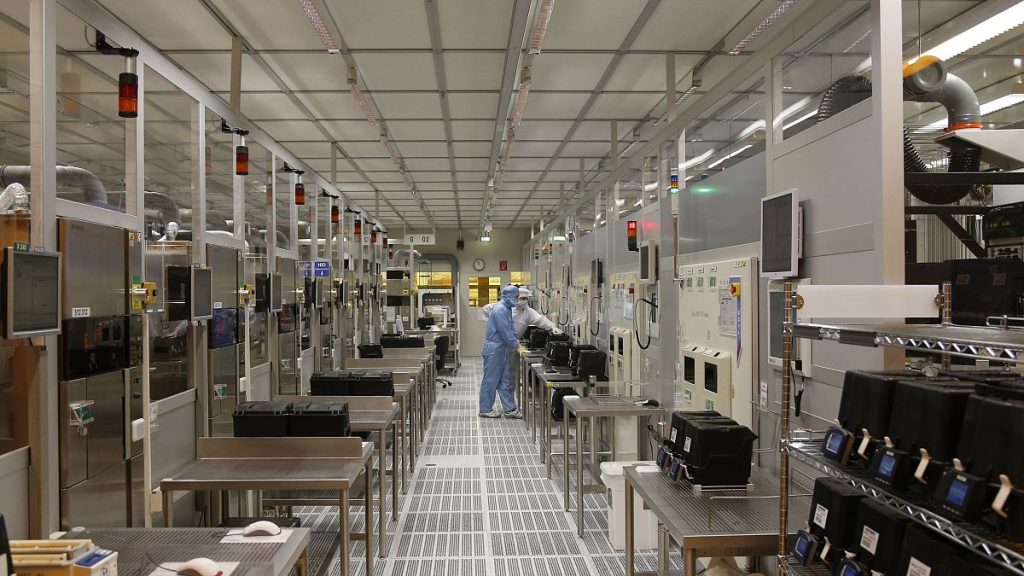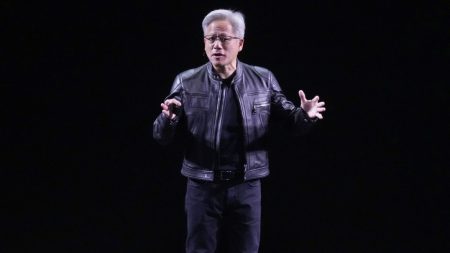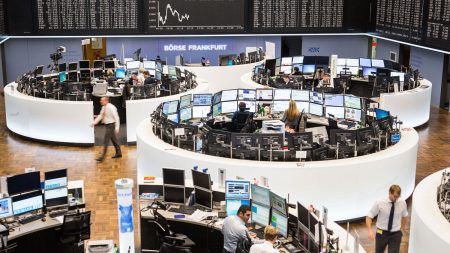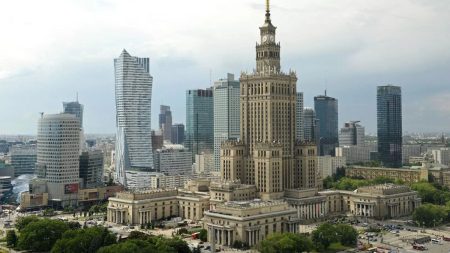The German government has made a significant commitment to bolster its domestic semiconductor sector by announcing an investment of approximately €2 billion in subsidies. This investment aims to enhance Germany’s competitiveness in the global market while also mitigating dependence on semiconductor supply chains from countries such as China and the United States. Although further details regarding the allocation and implementation of these subsidies are yet to be disclosed, Germany’s economic ministry has begun soliciting applications from semiconductor firms to aid in upgrading their production capabilities. Key decisions regarding the final subsidy amounts are anticipated to follow the country’s forthcoming elections, scheduled for February 2025.
The impetus for this investment stems partly from recent setbacks in the industry, particularly following Intel’s decision to halt plans for a €30 billion semiconductor factory in Magdeburg, which would have been one of Germany’s largest semiconductor plants. This cancellation represents a significant challenge for Germany’s semiconductor goals, compounded by other companies like ZF Friedrichshafen AG and Wolfspeed Inc. also postponing their chip production projects within the country. These developments have raised concerns about the strength and future viability of Germany’s domestic semiconductor landscape, particularly given that these companies had initially counted on €10 billion in subsidies made available under the European Chips Act in 2023.
Semiconductors play a critical role in numerous technological applications, spanning cameras, mobile devices, microprocessors, satellites, military equipment, and automobiles. The vital importance of these components has spurred Germany, along with other major European economies, to invest heavily in their domestic production capabilities. The objective of these investments is to quickly scale up the production of advanced semiconductor products, thereby increasing Germany’s global market competitiveness and ensuring that the country is less reliant on external sources, particularly in light of supply chain disruptions experienced during the COVID-19 pandemic.
The urgency for developing an independent semiconductor ecosystem in Europe has been amplified by rising geopolitical tensions, particularly between the U.S. and China, centered on Taiwan. These tensions have heightened European concerns about the potential use of advanced artificial intelligence technologies for military or espionage purposes by countries like China. As a result, there is growing recognition among European leaders that building a strong domestic semiconductor industry is essential for safeguarding national security and economic resilience. Initiatives like the European Chips Act have been introduced to provide a framework for strengthening the broader semiconductor industry across Europe.
The European Chips Act aims to enhance the EU’s semiconductor market share globally to 20% by the end of the decade. This ambition reflects a strategic shift among European nations to prioritize the cultivation of local semiconductor production capabilities in order to reduce reliance on overseas markets that have proven vulnerable during crises. By investing in local production, Europe seeks to build a robust supply chain that can support various industries and technological advancements without the interruptions caused by external geopolitical conflicts.
In conclusion, Germany’s planned investment in its semiconductor sector is a crucial step toward fostering a self-sufficient and competitive industry in response to recent challenges and global market dynamics. The emphasis on domestic production is aligned with broader European initiatives, reflecting a collective effort to stabilize supply chains, enhance national security, and promote technological innovation in the face of shifting geopolitical landscapes. As these investments come to fruition, they will play a pivotal role in shaping the future of Germany’s semiconductor industry and its position in the global market.














